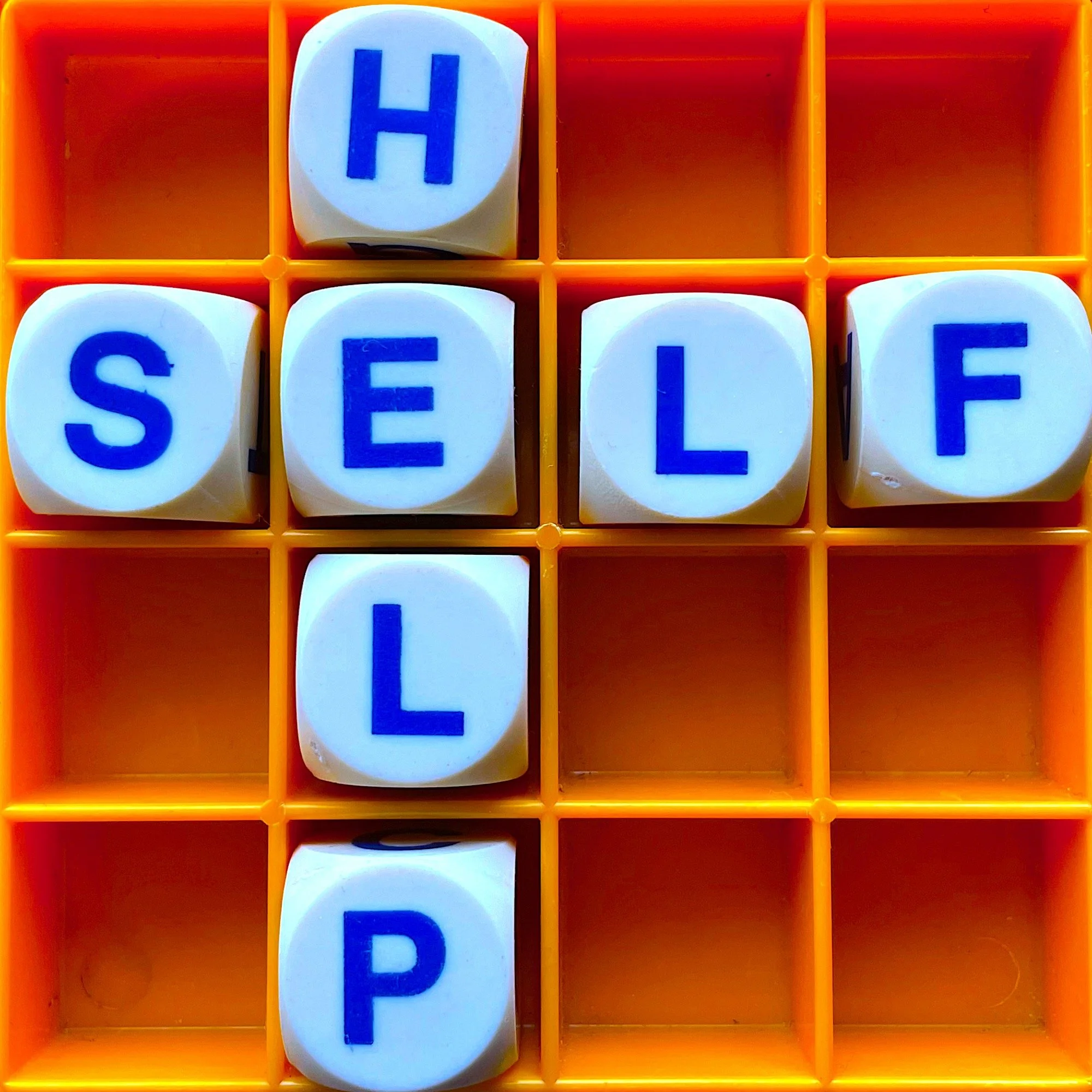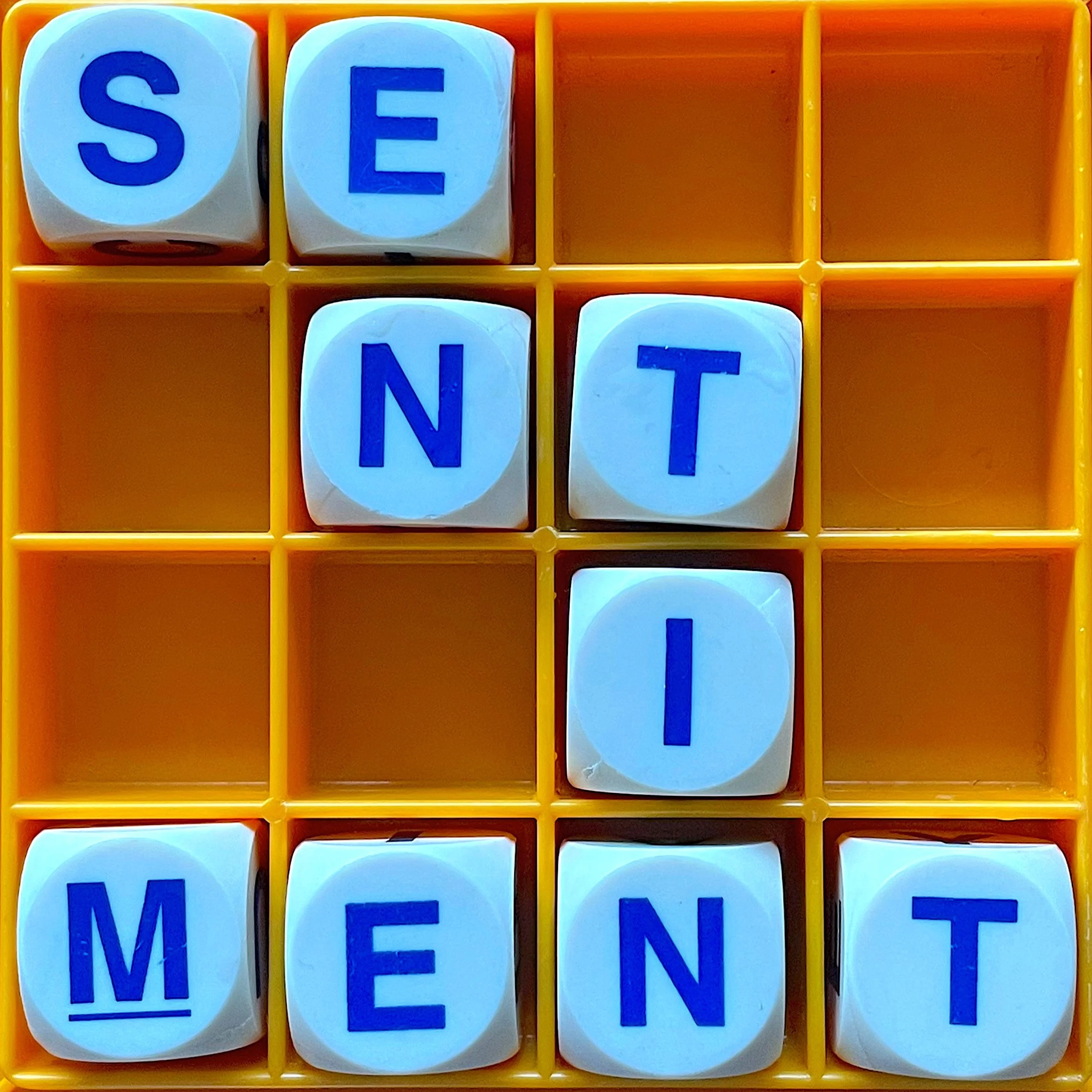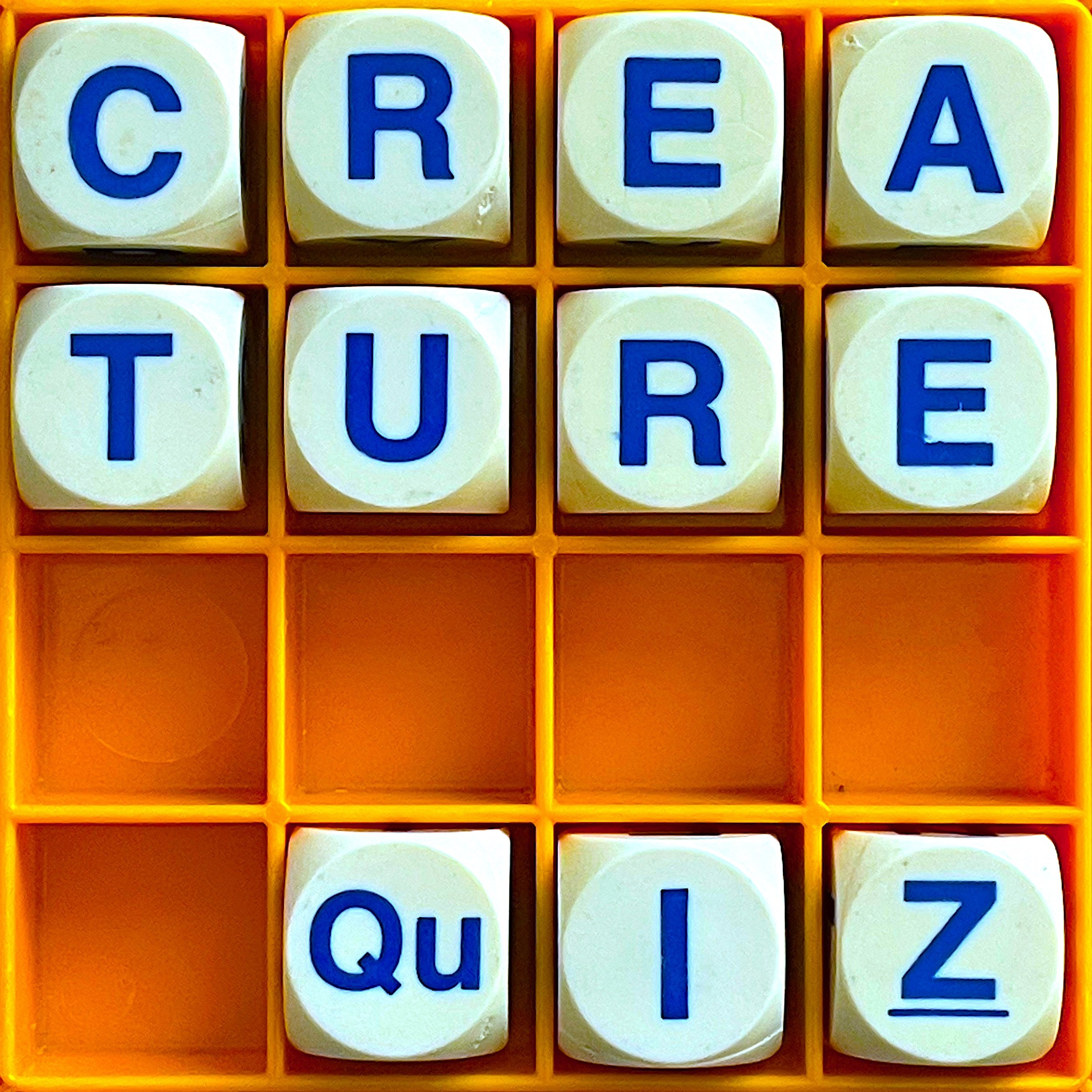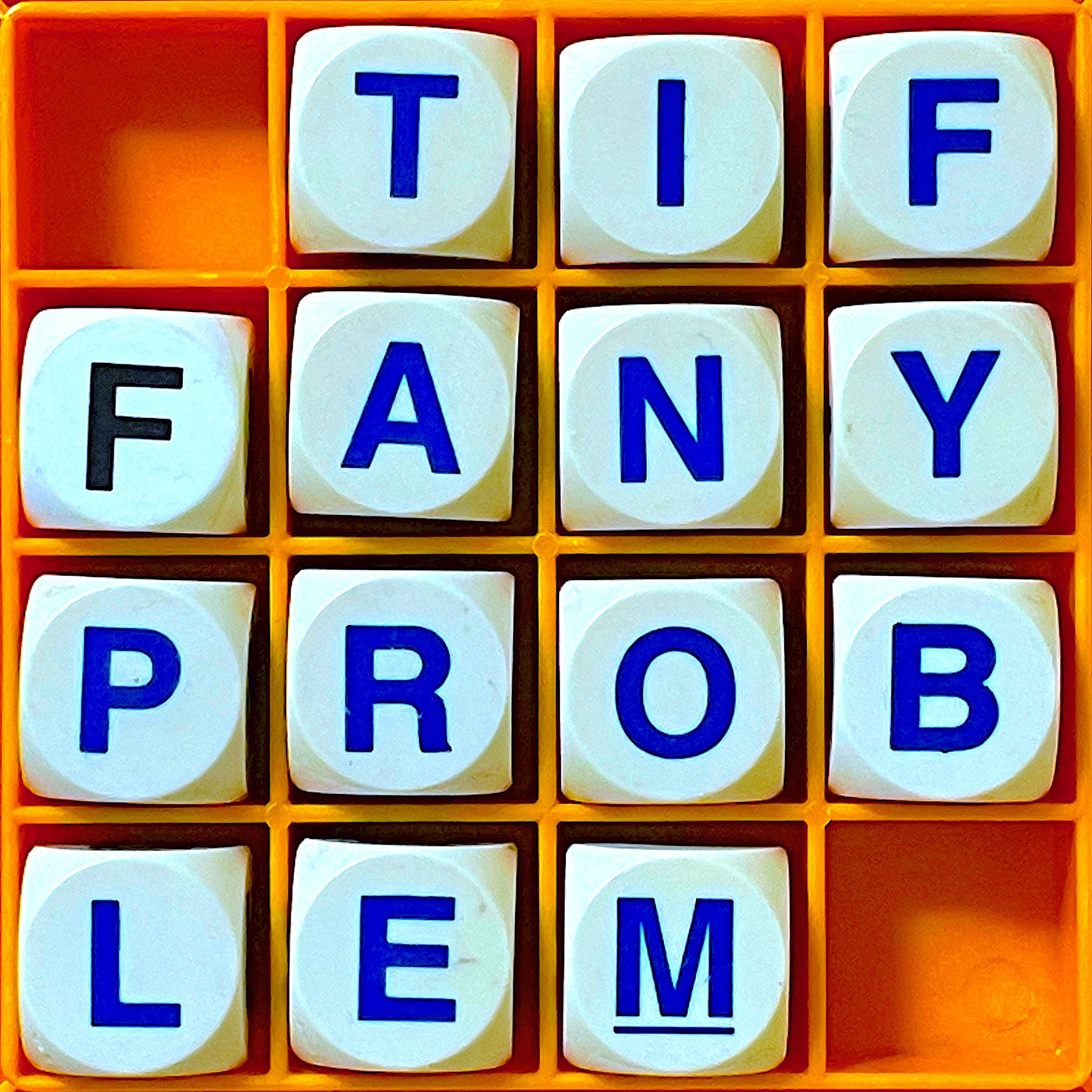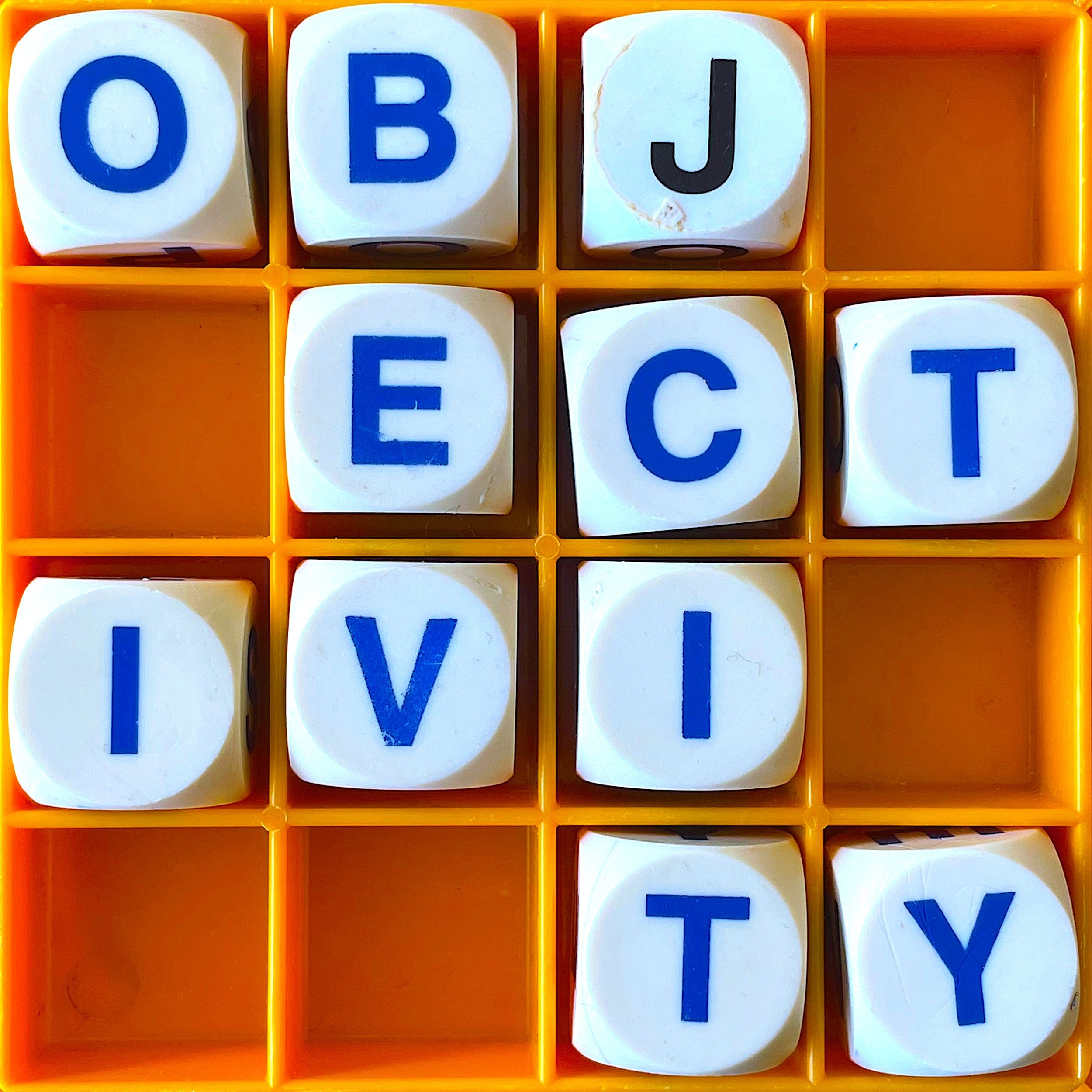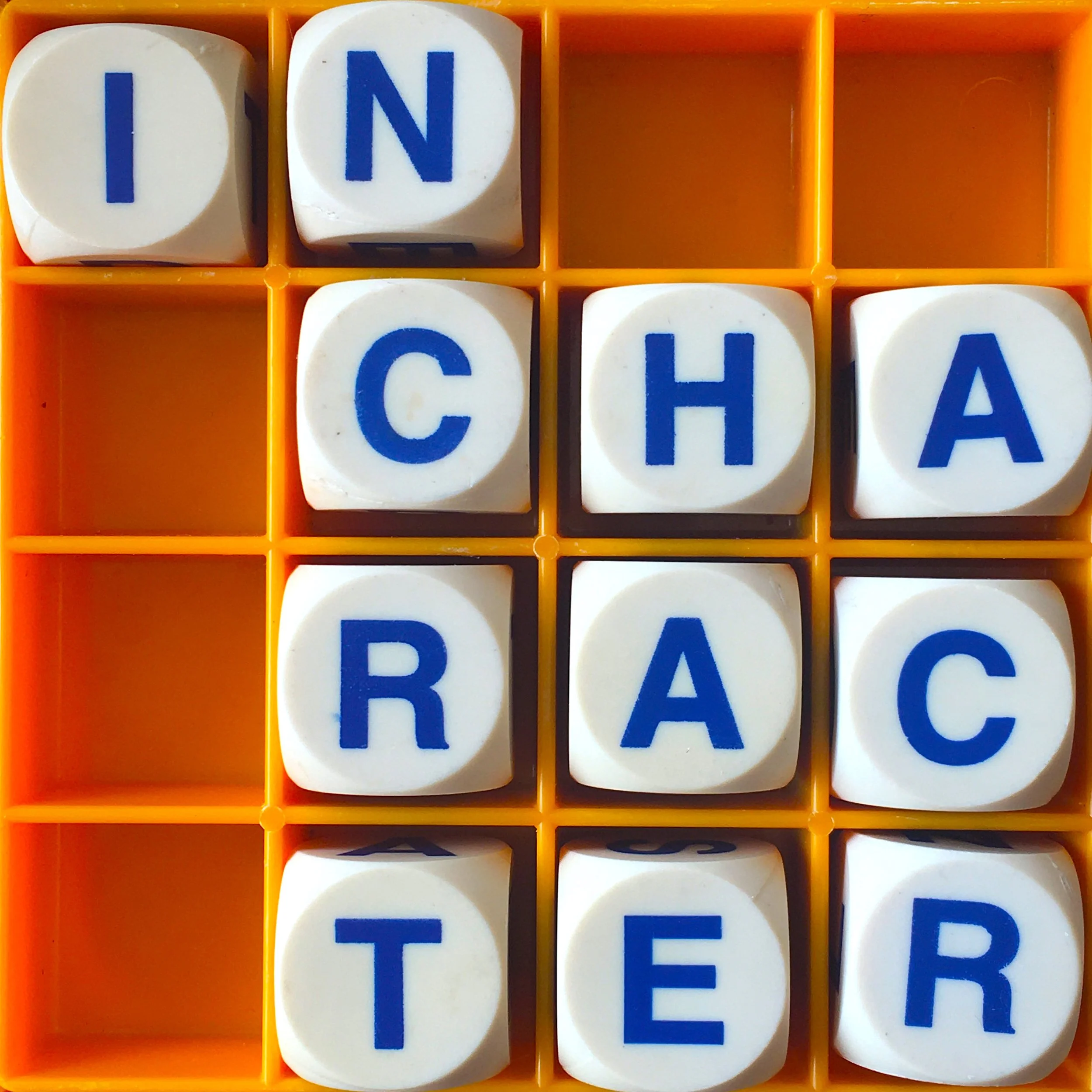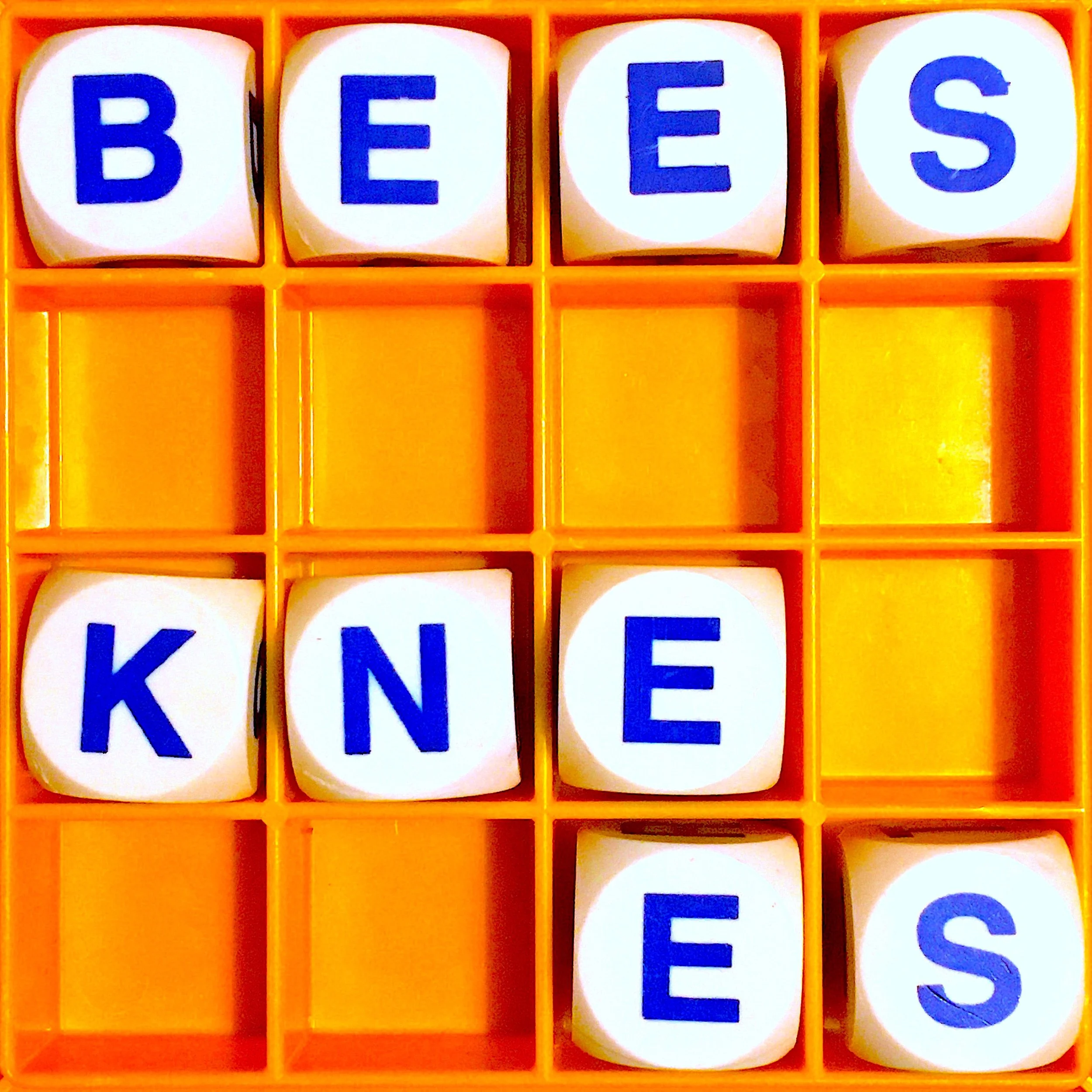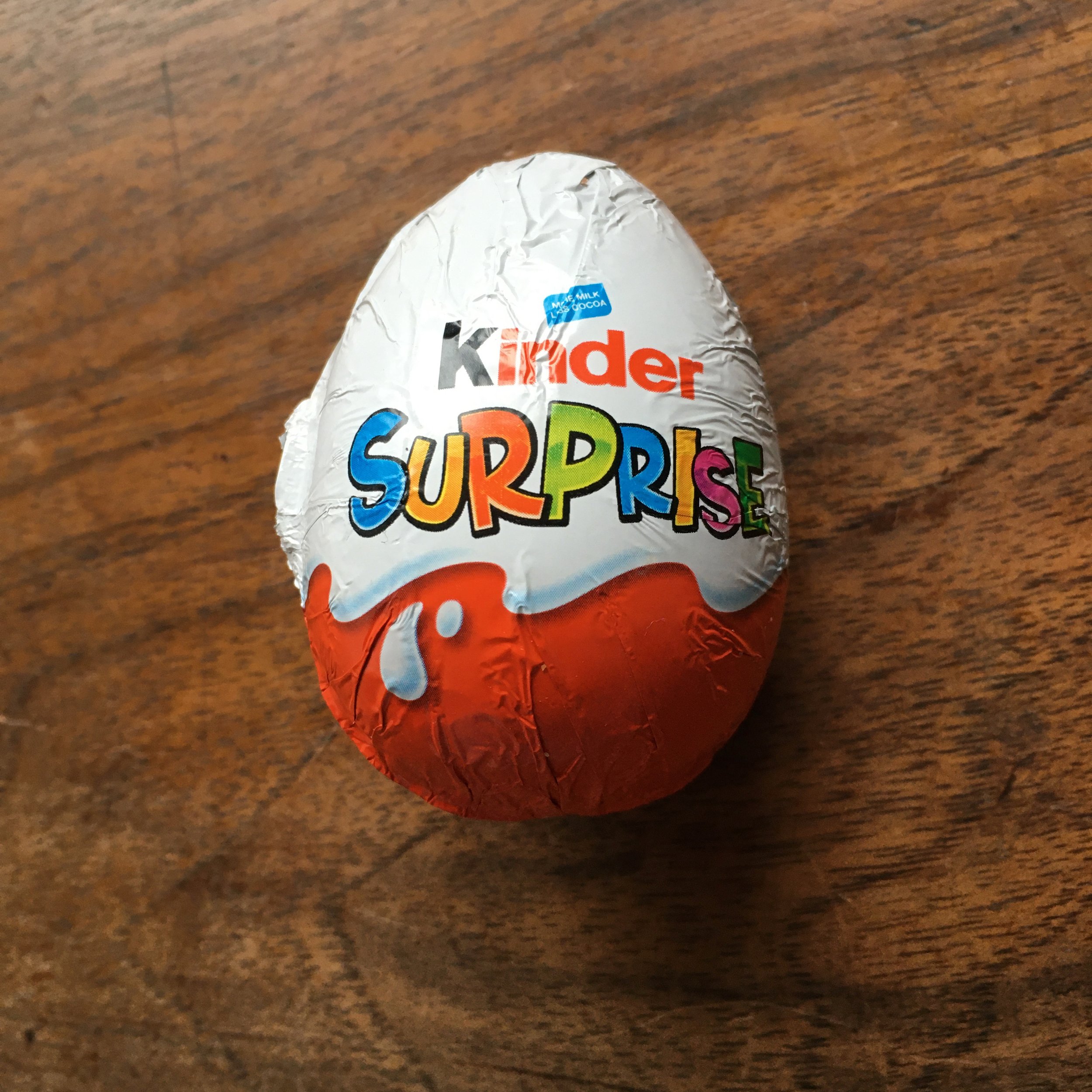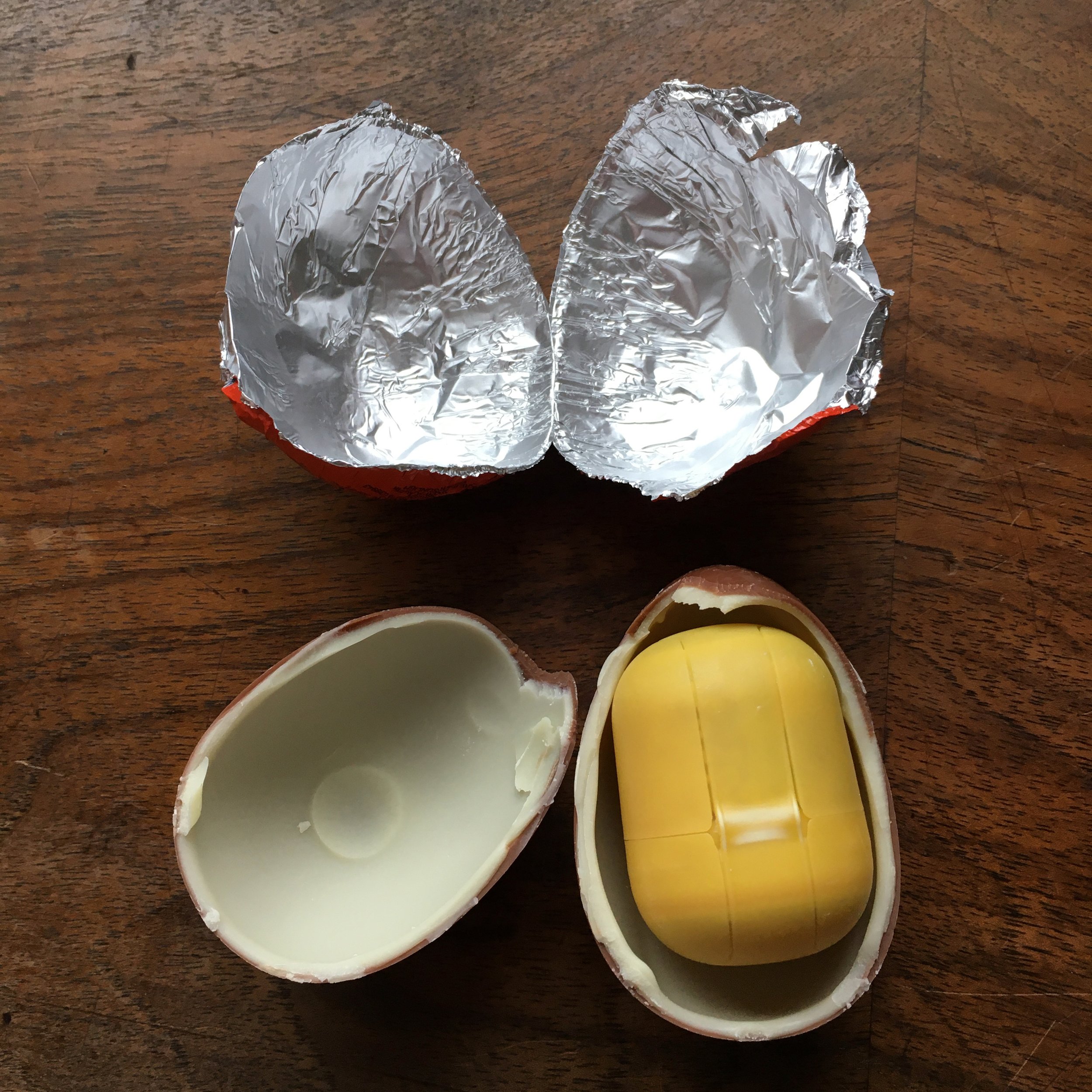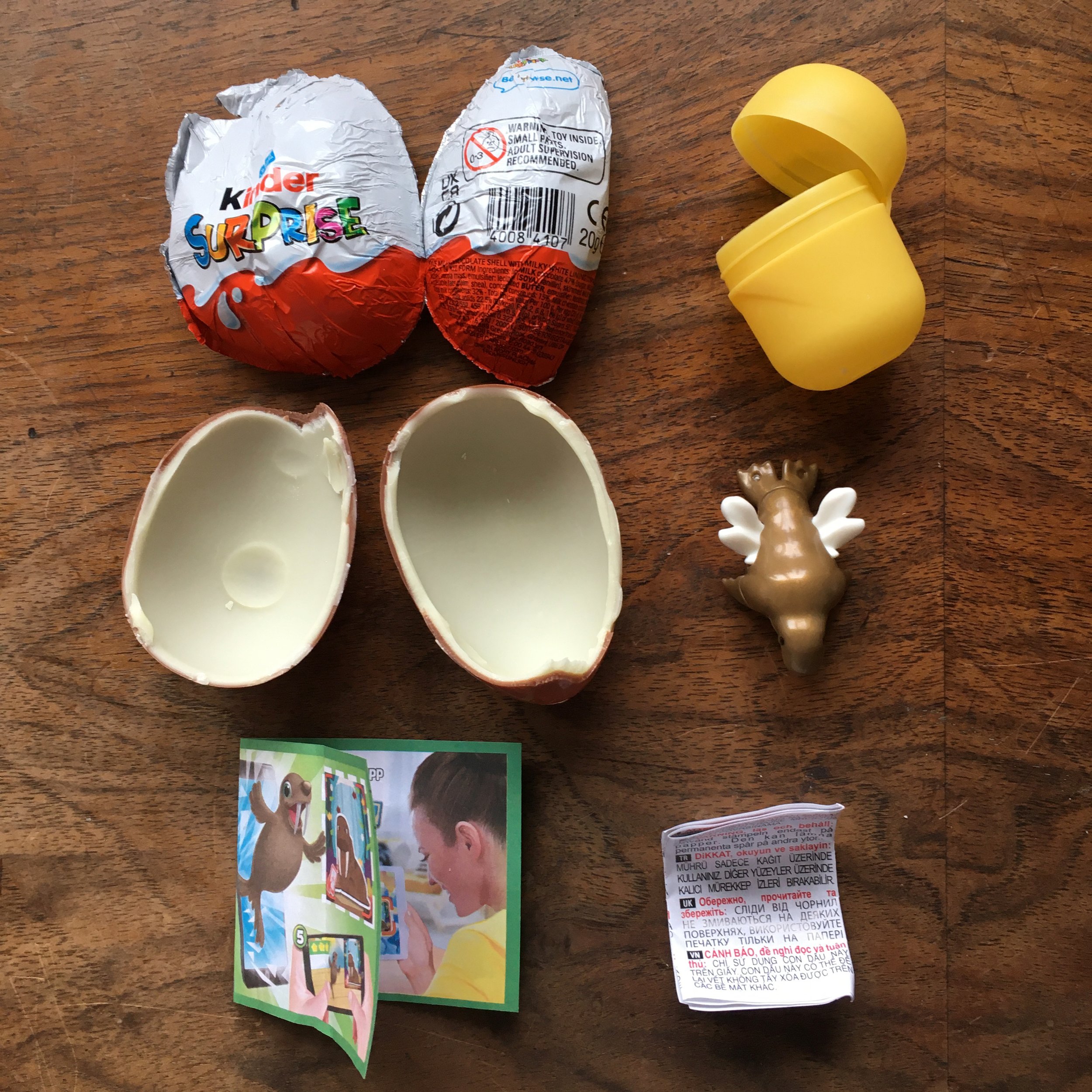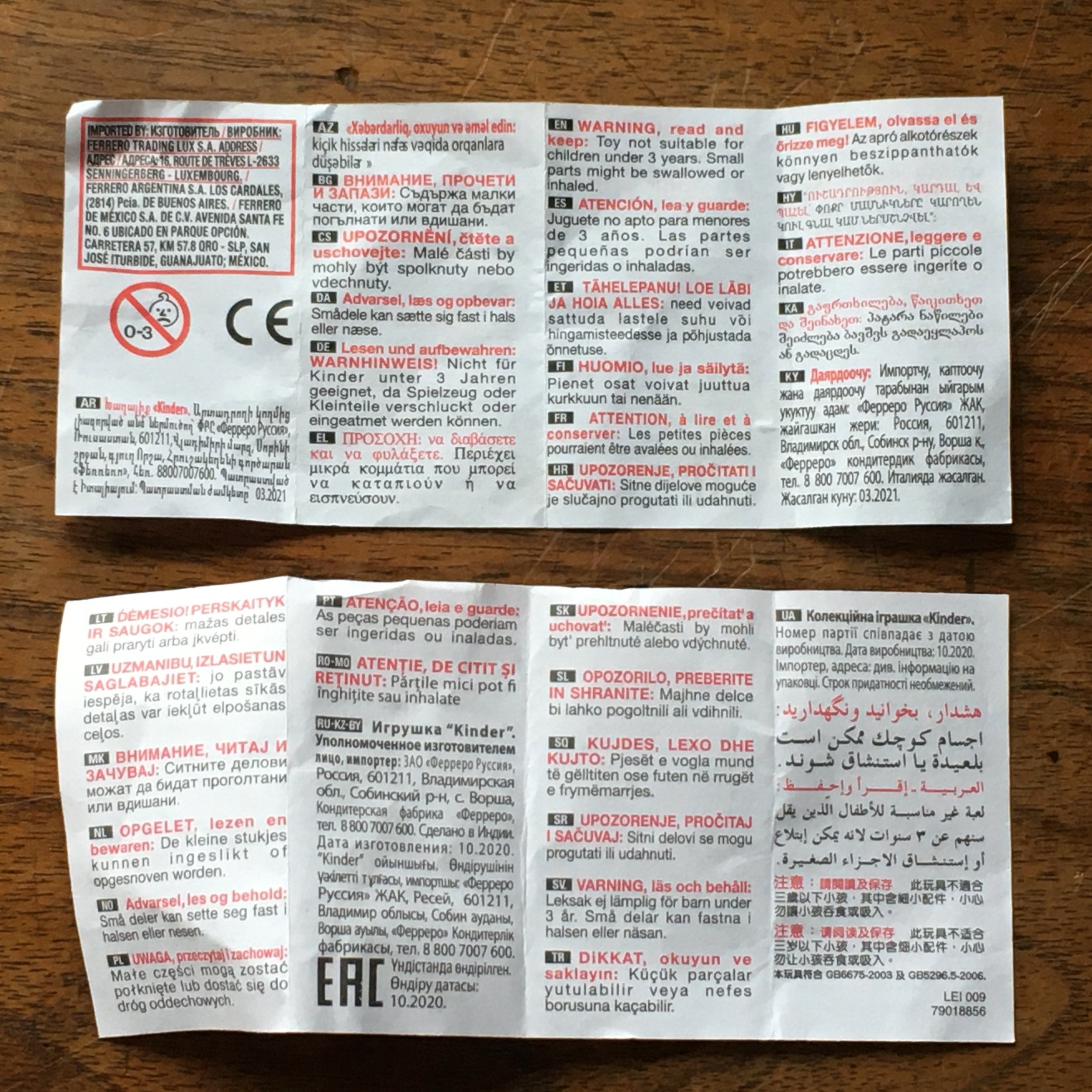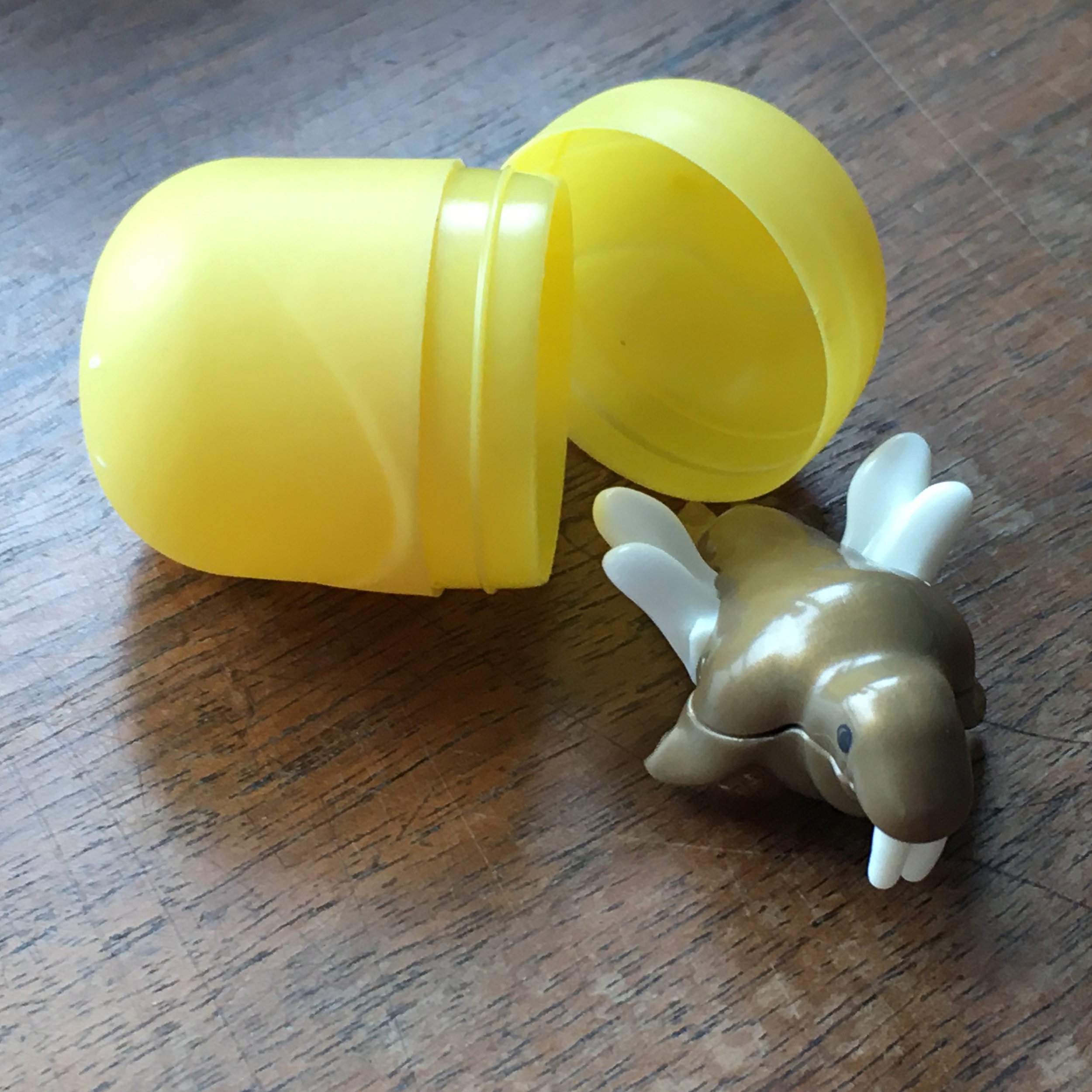JOLENTA GREENBERG: One of the main things a lot of these books like to do is remind you how bad you are at the beginning. Just like a pickup artist, there will be a chapter or two sort of negging you, or being like, “You know you're lazy about this.” A lot of books make you admit - some even make you write down all the areas like you're failing in or not putting 100% into, and so you literally will have a list sometimes of reasons why you suck. And then they're like, “And now I have the answers!” And it's like, “But you made me make up these problems in the first place.” So they like to dig you in a hole and then be like, “I can dig you out, too.”
Read moreAllusionist 161 Sentiment transcript
SANDHYA DIRKS: When we talk about empathy: the idea that you can get outside of yourself, that we can imagine someone else's experience is so audacious, because human beings are not that freaking imaginative. I mean, like a unicorn is just a horse with a horn! We did not go that far to get to our most magical creature. We just like grafted two things on top of each other.
Read moreAllusionist 160 Coward transcript
TIM CLARE: Calling someone a coward historically has often been a social lever used by the state to shame them for not doing something the state wants them to do - often walk into machine gunfire. Which, to me, doesn't seem like an act of cowardice to not want to do that.
Read moreAllusionist 159 Bufflusionist transcript
HZ: ‘Vampyre’ with a Y was pretty interchangeable with ‘vampire’ with an I when it first landed in English. Actually, I think the first appearance in English was with a Y. We probably got it from French or German, but it was based on - it’s a little unclear, but it was based on Hungarian, possibly, or Slavic languages. And it was because, at the time, they were doing a lot of coverage of the Serbian vampire epidemic of 1725 to 1732.
JENNY OWEN YOUNGS: Oh, of course.
HZ: Apparently there were a lot of Eastern European vampire epidemics.
KRISTIN RUSSO: What is a vampire epidemic?
HZ: I assume an epidemic of vampires. Imagine Covid, but for vampirism. And no vaccine. No masking is going to save you.
Allusonist 158 Creature Quiz transcript
Tranquillusionist: Australia's Big Things transcript
Some of them are sculptures. Some of them are essentially a three-dimensional billboard. Some are buildings. Some are playground features. Some are just…there to be a big thing.
Read moreAllusionist 157 Queerbaiting transcript
LEIGH PFEFFER: I think people are a little too quick to ascribe the term ‘queerbaiting’ to anytime they see something that doesn't necessarily sit right with them on instinct. There's a tendency at this point to kind of use it as a synonym for bad representation. I think that there's a disconnect and a mismatch between what younger viewers nowadays are kind of expecting in queer representation versus what pop culture is providing. People are getting used to more representation. They want to see better representation. So let's talk about that. Let's talk about how do we get better representation? What do we call it when we have specific tropes that might lead to harmful stereotypes, instead of lumping everything under this term ‘queerbaiting’ - because if we muddy a term like that, it loses its meaning. We need to be intentional with the language we're using when we're discussing queer representation in media, because we're at a fragile point. We have to have the right language to criticise it.
Read moreAllusionist 156 Rainbow Washing transcript
HZ: The British supermarket M&S made an LGBT sandwich, which is lettuce, guacamole bacon, and tomato.
MITRA KABOLI: That sounds good, actually. I would eat that.
HZ: They stopped at that point of the initialisms; they didn't go into the -QIA, which is supposed to be what, queso? What foodstuffs begin with an I?
MITRA KABOLI: Ummmm...
HZ: It gets difficult. I can see why they stopped.
MITRA KABOLI: ‘I’...
HZ: For the 'A' - they've got guacamole, so they used up the avocado already. Maybe apple? It's starting to get disgusting the further along the initialism you get.
MITRA KABOLI: There has to be a law where you must continue to make the sandwich, and as the acronym grows with letters, you must find something to put in there.
Read moreAllusionist 155 The Tiffany Problem transcript
JO WALTON: What we the readers know about the name Tiffany is incorrect. Nevertheless, as a writer, you cannot use the name Tiffany.
Read moreAllusionist 154 Objectivity transcript
HZ: When in your journalism career did the problems of objectivity become evident to you?
LEWIS RAVEN WALLACE: Probably like the first day.
Allusionist 153 In Character transcript
we think of all the important transformative game-changing global technologies in communication, like telegraphs, typewriters and computers: none of it was really designed with Chinese in mind. They were all for alphabetic, precisely English language.
HZ: It seems a bit unfair for China to be left behind by writing technologies, given that China had the movable type printing press centuries before Europe.
JING TSU: A fact they will continue to flaunt! That is the question; that's why the catching up was doubled with this memory of “How did we get to this point? We were leading, how do we now end up chasing someone else's writing system from behind?”
Allusionist 152 Asperger transcript
EDITH SHEFFER: I do think it's important that Asperger's syndrome be removed as a distinct label. I don't think it's helpful medically and then ethically. Eponymous diagnoses are bestowed as an honour, to commend someone for one's life work and also to commend someone for discovering a condition. And arguably Asperger merits neither.
Read moreAllusionist 151 The Bee's Knees transcript
“There's a town in Quebec called Saint-Louis-du-Ha! Ha!, which apparently has the Guinness World Record for most exclamation marks in a town name. Which is two.”
Read moreAllusionist 149 Complex PTSD transcript
STEPHANIE FOO: I was diagnosed with complex PTSD in 2018. And I had never heard of complex PTSD before. I Googled it; it sounded very serious and very scary.
HZ: And was it very serious and very scary?
STEPHANIE FOO: I mean, yes! I think it is very serious and very scary. I
